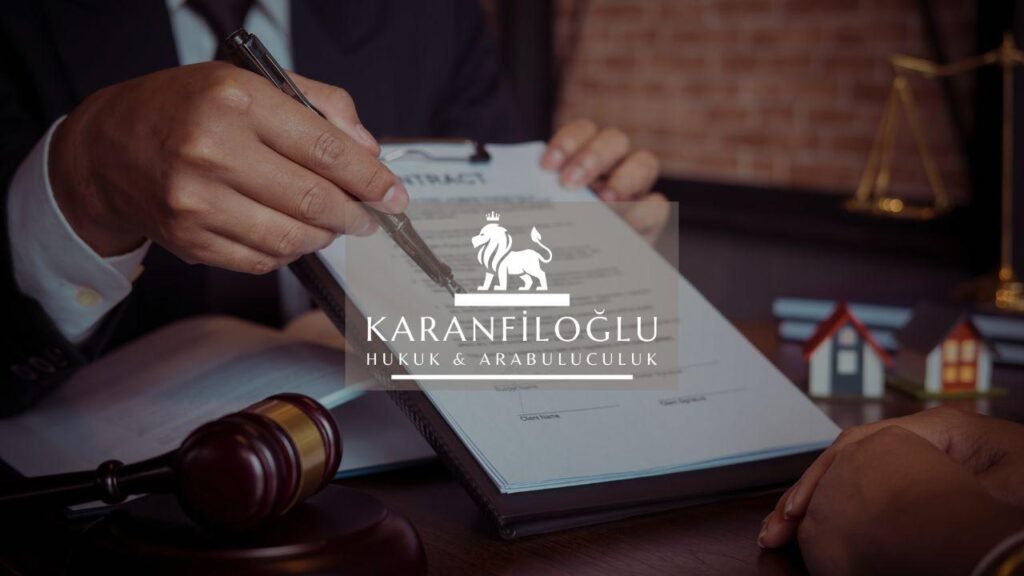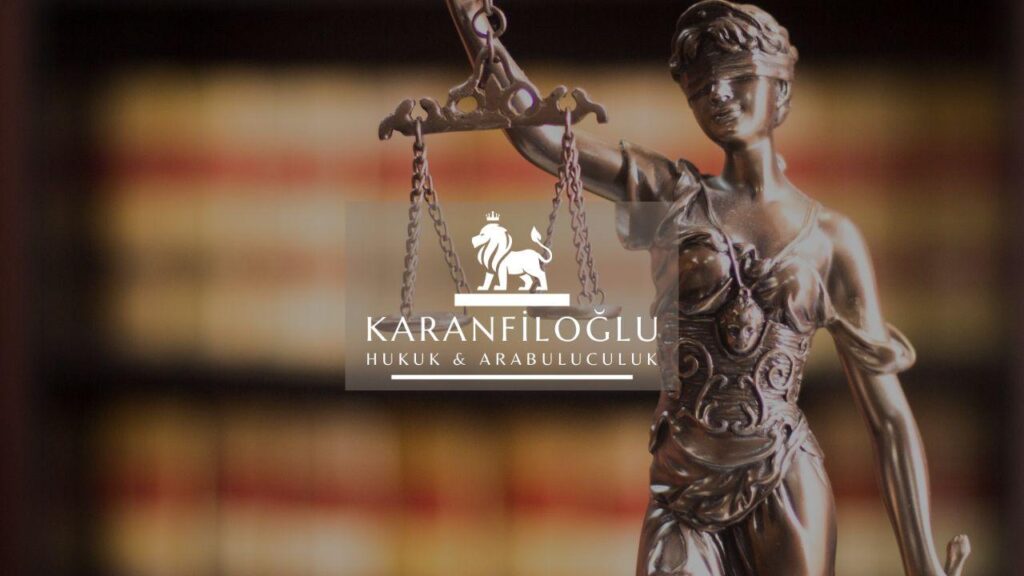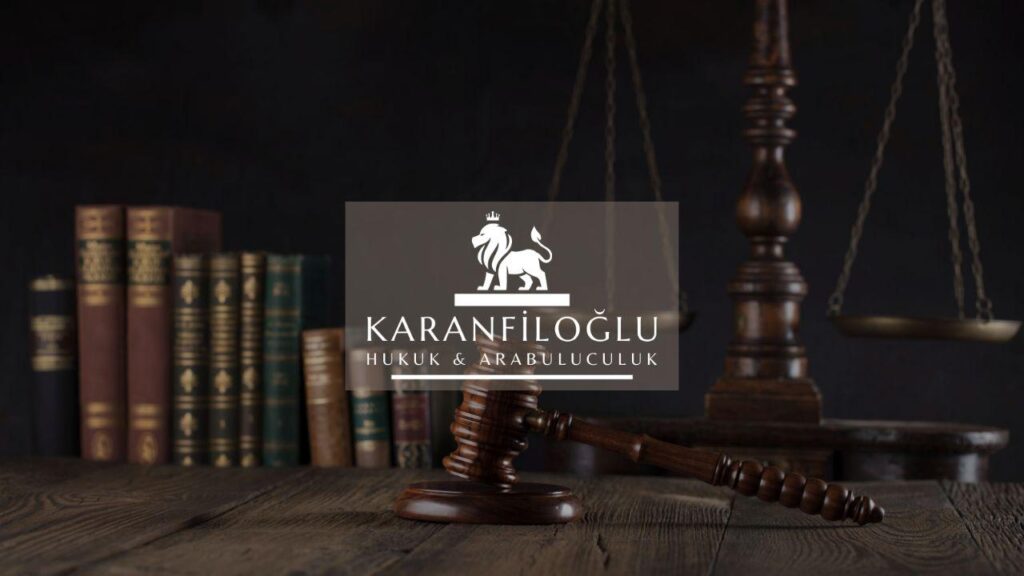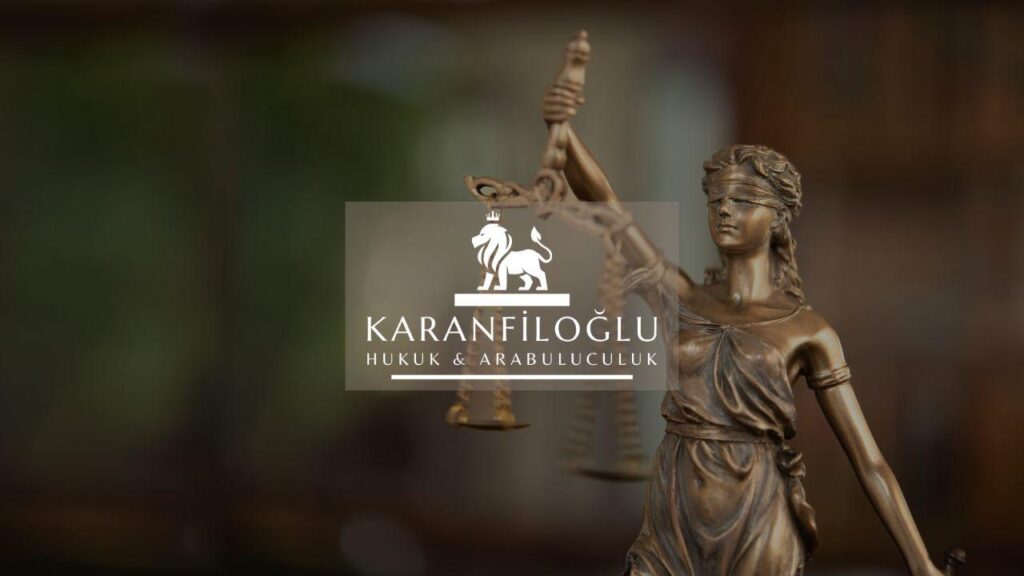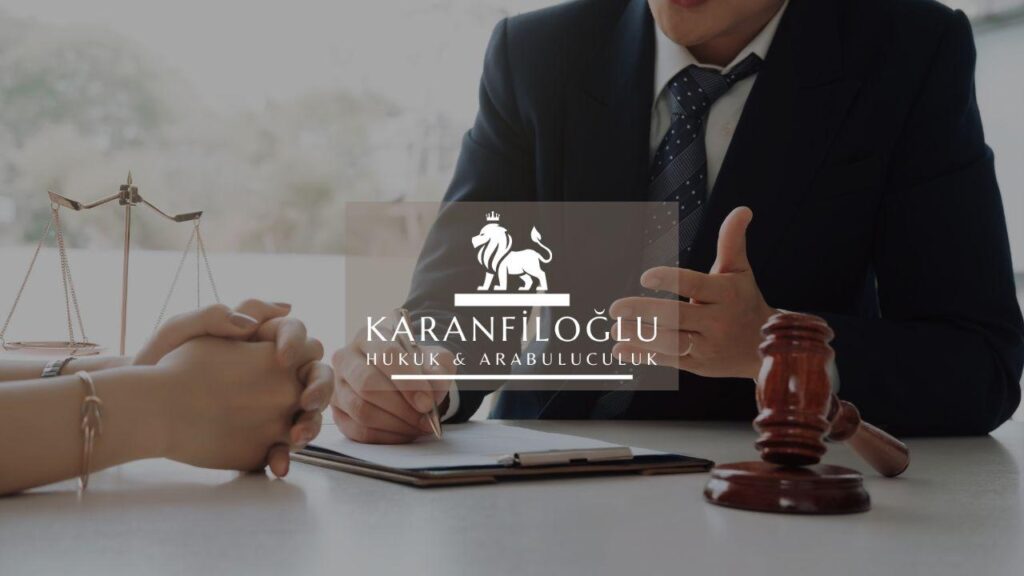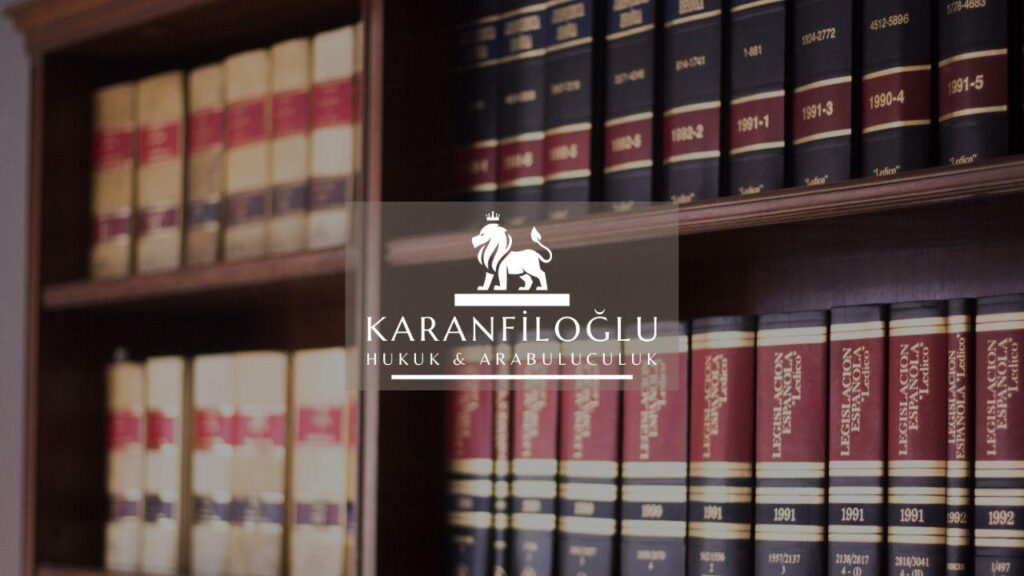Real estate investment in Turkey presents a wealth of opportunities, but navigating the legal landscape requires a meticulous understanding of pertinent regulations and obligations. At Karanfiloglu Law Office, our expertise lies in guiding investors through the complex process of acquiring property, ensuring compliance with Turkish laws and safeguarding their interests. From understanding zoning laws to navigating tax implications and foreign ownership restrictions, our seasoned legal professionals provide comprehensive support tailored to each client’s unique needs. In this blog post, we will delve into the essential legal considerations that both domestic and international investors must be aware of when contemplating real estate investments in Turkey.
Understanding Property Ownership and Title Deeds in Turkey
In Turkey, understanding the nuances of property ownership and the legal significance of title deeds is crucial for any real estate investment. The Title Deed Law, also known as Tapu Kanunu, governs the registration and transfer of property ownership. To ensure a secure transaction, it’s vital to verify the authenticity and accuracy of the title deed, which outlines key information such as the property’s location, size, and the legal status of its ownership. Foreign investors must also be aware of specific regulations that apply to non-residents, including restrictions on property purchases in military zones and certain rural areas. At Karanfiloglu Law Office, we meticulously review and verify all aspects of title deeds to provide peace of mind to our clients, ensuring that their investment is legally sound and protected against potential disputes.
Beyond verifying the authenticity of title deeds, understanding the different types of property ownership in Turkey is essential. The most common forms include full ownership (freehold) and shared ownership, which is prevalent in apartment buildings and complexes where common areas are co-owned by all residents. Investors must exercise due diligence in confirming whether a property is encumbered by any mortgages, liens, or encumbrances that could complicate or invalidate the purchase. Additionally, any existing tenants or lease agreements need to be considered, as they may affect the investor’s immediate use of the property. At Karanfiloglu Law Office, we conduct comprehensive due diligence to uncover any hidden liabilities or legal issues, providing investors with a clear and accurate picture of their prospective property before finalizing the transaction.
For a seamless property acquisition, it is also imperative to navigate the application processes for obtaining necessary permits and clearances from local authorities. While Turkish real estate regulations are uniform, interpretation and enforcement can differ from one municipality to another, potentially impacting the timeframe and legality of your investment. Foreign investors, in particular, must secure permission from the Ministry of Environment and Urbanization to ensure compliance with national policies regarding foreign ownership. Language barriers and bureaucratic intricacies can pose additional challenges, highlighting the need for expert legal assistance. At Karanfiloglu Law Office, we facilitate the entire permitting process, acting as liaisons with relevant authorities and ensuring timely and accurate submission of all required documents. This meticulous approach not only expedites the acquisition process but also safeguards the investor against future legal complications.
Regulatory Compliance and Due Diligence in Turkish Real Estate
Regulatory compliance and due diligence form the bedrock of any successful real estate investment in Turkey. Prospective investors must thoroughly investigate the legal status of the property, including verifying ownership, ensuring that the property is free from encumbrances, and confirming that it conforms to zoning laws and land-use plans. At Karanfiloglu Law Office, our legal experts meticulously review all relevant documentation to safeguard our clients against potential legal pitfalls. From scrutinizing title deeds to checking for existing mortgages or liens, our due diligence process aims to provide transparency and protect the investor’s interests, thereby facilitating a smooth and legally sound acquisition.
Additionally, foreign investors must pay special attention to obtaining the necessary approvals and permits when purchasing property in Turkey. Specific regions may have restrictions on foreign ownership, particularly those deemed strategically sensitive or located near military zones. At Karanfiloglu Law Office, we assist clients in navigating these regulatory hurdles by liaising with the relevant government bodies to secure required permissions. Moreover, our team stays abreast of the latest legislative changes affecting foreign investment to ensure compliance and forestall any legal issues. By providing precise guidance and addressing bureaucratic challenges, we help our clients achieve their investment goals while adhering strictly to Turkish legal frameworks.
Financial transparency and the meticulous handling of financial obligations are pivotal aspects of regulatory compliance and due diligence in Turkish real estate investments. Investors must be well-versed in the tax implications of their transactions, including property taxes, capital gains taxes, and potential VAT liabilities. At Karanfiloglu Law Office, we provide detailed consultations to help our clients understand their fiscal responsibilities and optimize their tax positions. Additionally, we assist in the management of escrow accounts, ensuring that funds are securely handled and disbursed in accordance with the progression of the transaction. By offering comprehensive financial oversight and strategic advice, we aim to streamline the investment process, mitigate financial risks, and enhance the overall efficiency and success of our clients’ real estate ventures.
Navigating Taxation and Financial Implications for Foreign Investors
For foreign investors eyeing the Turkish real estate market, understanding the taxation and financial implications is crucial. Turkey imposes various taxes, including but not limited to Value Added Tax (VAT), stamp duty, and annual property tax, which need to be carefully assessed to ensure compliance and optimize financial outcomes. VAT, for instance, can range from 1% to 18% depending on the type and value of the property, while stamp duty is generally set at 4% of the property’s purchase value. Furthermore, Turkey has treaties in place to prevent double taxation, which can be advantageous for foreign investors trying to mitigate tax liabilities in their home countries. At Karanfiloglu Law Office, our team is adept at conducting thorough tax evaluations, helping clients navigate complex fiscal landscapes and make informed decisions.
In addition to tax considerations, foreign investors must also be mindful of currency regulations and financial reporting requirements. Changes in the value of the Turkish Lira can significantly impact the overall investment returns, necessitating strategic financial planning and risk management. Moreover, investors are required to open a bank account in Turkey for transactional purposes related to their property investment, ensuring all financial activities are transparent and documented. The Turkish government also requires remittance of profits from property sales to be reported, adhering to anti-money laundering regulations. Karanfiloglu Law Office provides tailored financial advisory services, helping clients navigate currency exchange fluctuations, comprehend financial obligations, and maintain regulatory compliance, thereby securing a sound financial footing for their investments.
An often overlooked but equally critical aspect of real estate investment in Turkey is understanding the inheritance and succession laws, which govern the transfer of property upon the owner’s demise. Foreign investors should be aware that Turkish inheritance laws are based on the principle of devolution, meaning that property is transferred to heirs according to predetermined shares. This can sometimes conflict with the inheritance laws of the investor’s home country. Given that these laws are tightly regulated and can impact the long-term stability and planning of one’s investment, it is crucial to seek local legal advice tailored to these specific circumstances. At Karanfiloglu Law Office, we specialize in drafting wills, navigating cross-border estate issues, and ensuring that our clients’ assets are seamlessly transferred to their designated heirs without legal complications. Understanding these nuances not only helps in safeguarding property but also in achieving peace of mind for future generations.
Disclaimer: This article is for general informational purposes only and you are strongly advised to consult a legal professional to evaluate your personal situation. No liability is accepted that may arise from the use of the information in this article.

